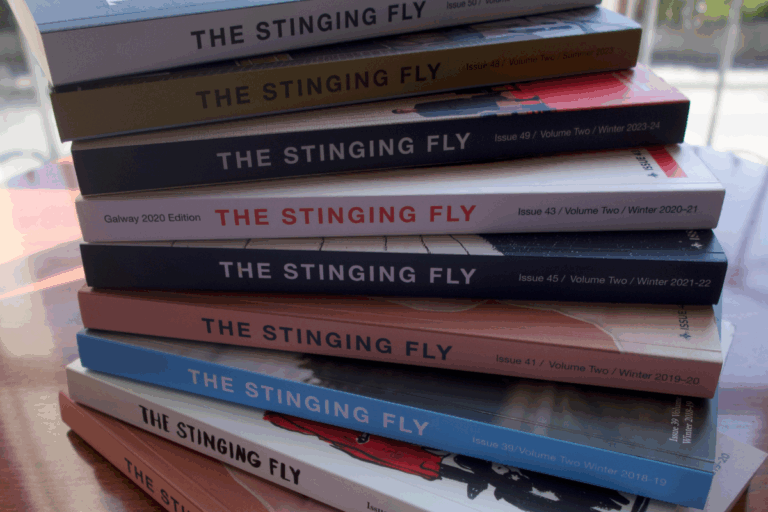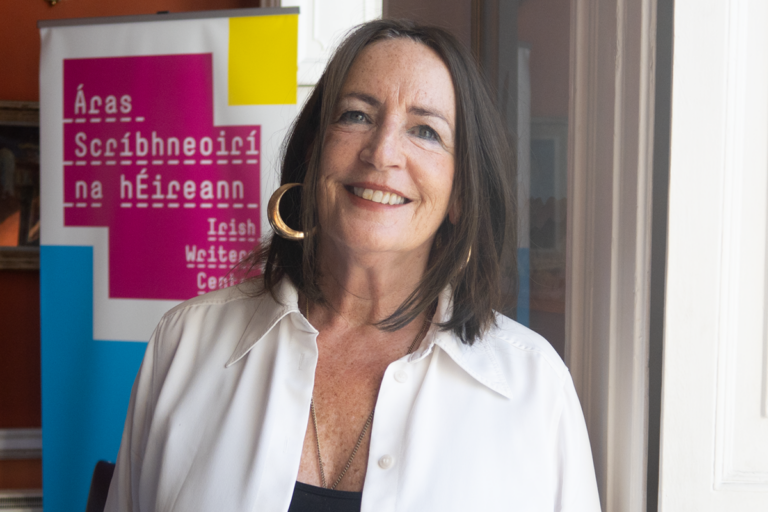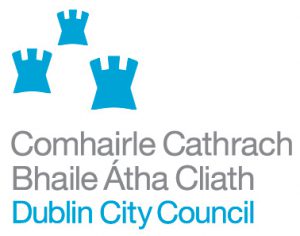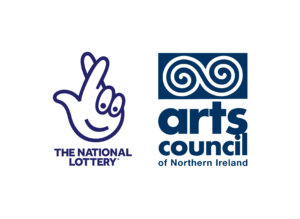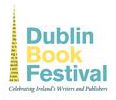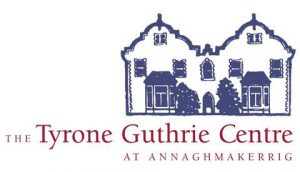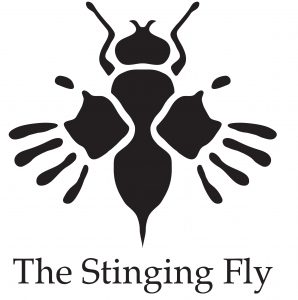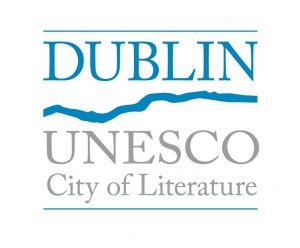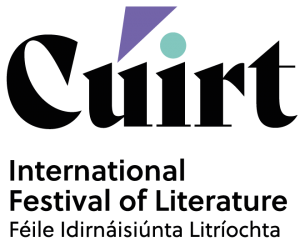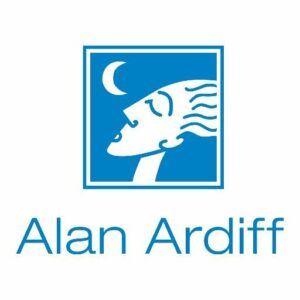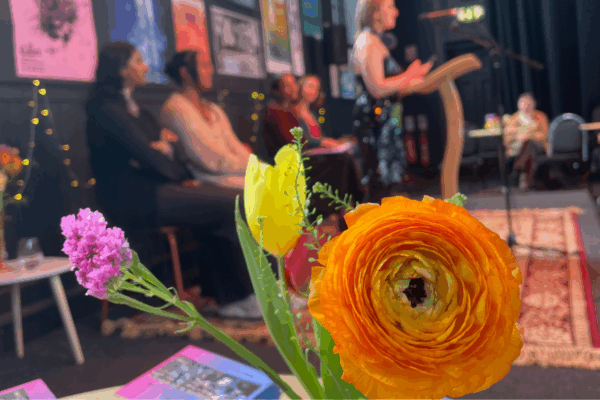
14 May, 2025
Our Young Writer Delegates look back on Cúirt 2025
Last month, writers, readers and book-lovers from far and wide travelled to Galway for the Cúirt International Festival of Literature 2025. From 23-28 April, attendees were treated to a week full of readings, conversations, film screenings, walking tours, events and special guests, which showcased new voices, diverse writing, Irish and international writing talent.
Among the attendees were our IWC/Cúirt Young Writer Delegates, Nina Devine, Angelia D’Souza, Summer Luyako, Surnaí Molloy and Czacarri Muli. As part of the festival our Young Writer Delegates took part in their very own showcase event where they got the chance to perform some of their work to a packed audience in the Nun’s Island Theatre. Their local writer-mentor Alan McMonagle was in attendance along with some previous Cúirt Young Writer Delegates who turned up to show their support as well!
Each year, the delegates attend events of their choice and write a review of their experience; here are the reviews our delegates wrote up for Cúirt 2025!
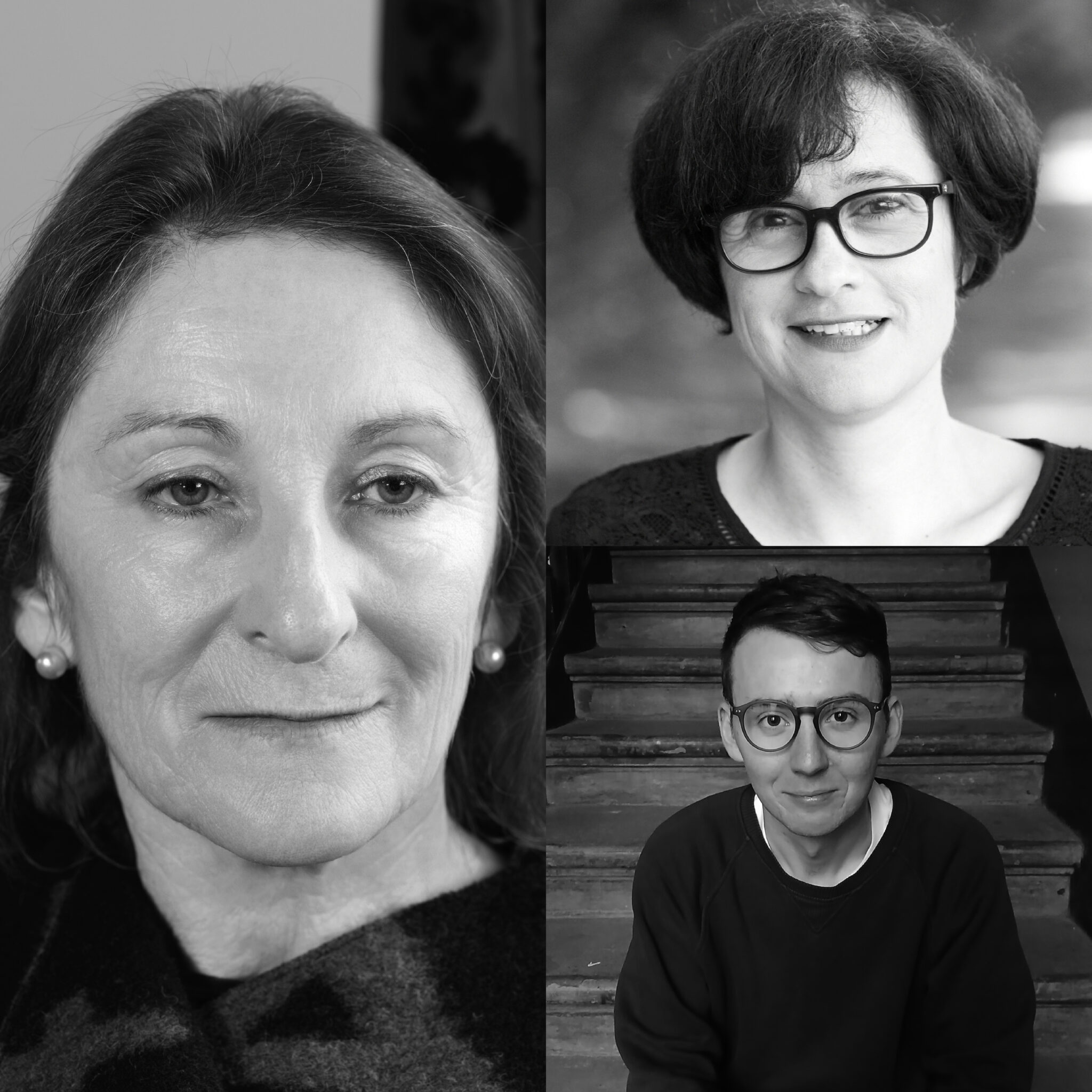
Mary O’Malley, Claudine Toutoungi and Charles Lang headshots by Cúirt 2025
Poetry Reading: Mary O’Malley, Claudine Toutoungi and Charles Lang reviewed by Angelia D’Souza
Although I’m mainly a prose writer, I find great comfort and inspiration in reading poetry, due to its limitlessness. Prose doesn’t always have to be so rigid — Eimear McBride’s A Girl is a Half-formed Thing and The City Changes Its Face certainly proves that rules can and should be broken in fiction. But poetry truly allows you to wander off the page and inhabit emotions you didn’t even know you could feel. Even in its most abstract forms, there’s an interconnected kinship that you discover when listening to poetry in a room full of strangers.
On Friday evening, I made my way to the Mick Lally Theatre to see Mary O’Malley, Charles Lang, and Claudine Toutoungi read their most recent collections. Mary O’Malley began with poems from The Shark Nursery, a stunning collection which explored the aftermath of lockdown, navigating a new online reality, and the mythical, metaphysical, and modern blurring of humans and animals. This was my first introduction to O’Malley’s work and I was impressed by her collection from start to finish. Some of my favorites from her collection are “Wolf Song”, “Late Swallow”, and “The Lucky Ones”.
Following O’Malley was Charles Lang, who read from The Oasis. The first poem he read was “The Chase”, which immediately caught my attention and had everyone in the theatre laughing by the end of it. Although Lang was quite soft-spoken, his voice carried through the room, and I felt myself crane forward in my seat during each poem he read. His collection left me thinking about how the duality of labels in our society today — although they can be helpful for some groups to reclaim a sense of power and dignity, they can also be weaponized to pit people against each other. Lang’s poems examined class, masculinity, and how we construct both identity and community through haiku, sonnets, and free verse poems. I can’t wait to read more of his work in the years to come!
Finally, Claudine Toutoungi exhilarated the audience with her performance of poems from her collection Emotional Support Horse. It’s hard to pick a favorite poem because everything she read was so perfect, down to the cadence of each line and the comedy that followed. I’d be remiss not to rave about “Wavogram”, which produced a thunderous round of applause after her reading. “The Birds”, “We Couldn’t Get the Parts to Write this Poem”, “A Consultation”, and “Some Days I Want to be Nicola Walker” were other phenomenal poems from her collection and were also equipped with equal parts tragedy and humor. I loved her takes on grief and the absurdity of it all, and I cannot wait to read the rest of her book.
This event was one of my favorites while at Cúirt and I left feeling more inspired than ever. I’m so excited to add these poets to my never-ending TBR list (but rest assured, they will be read)!
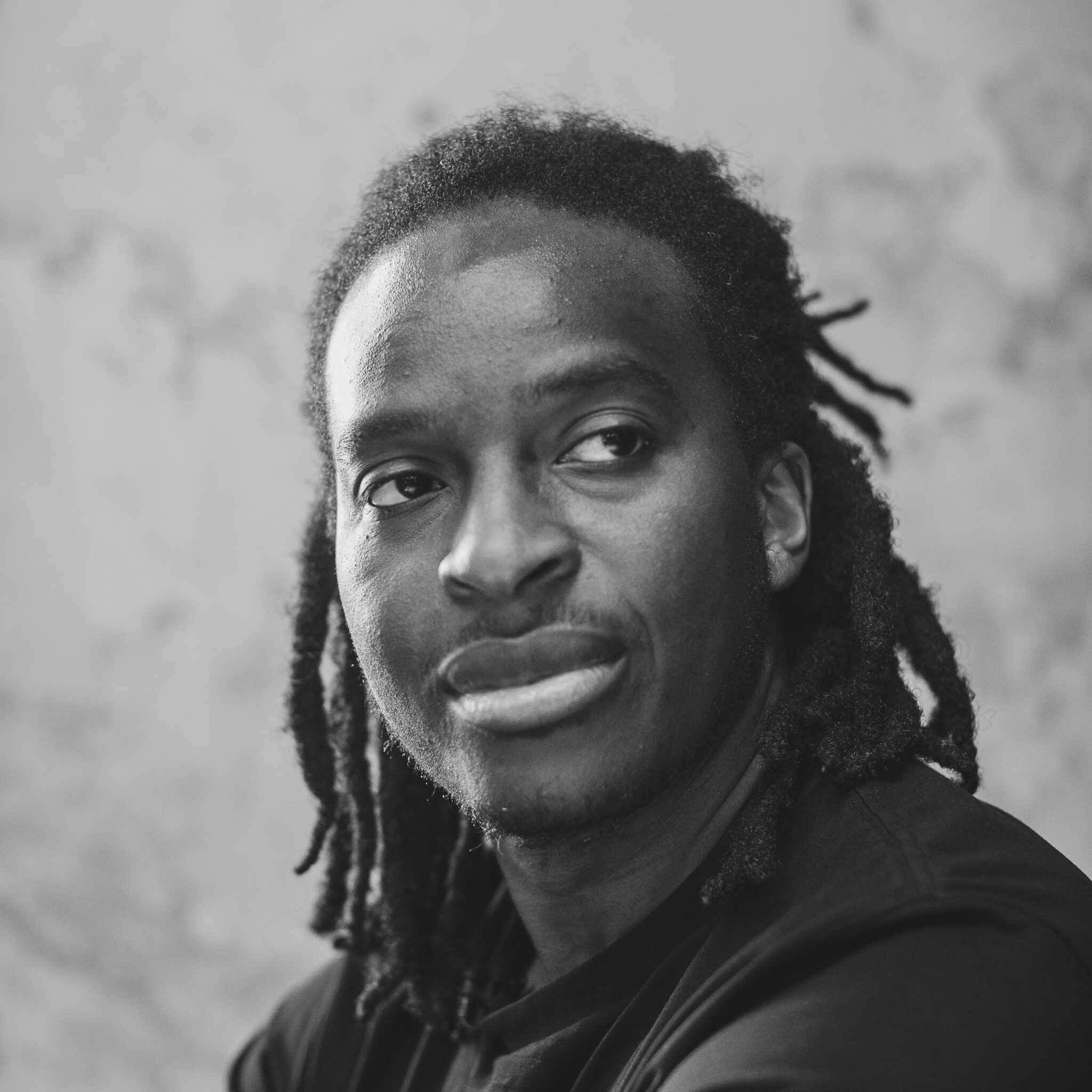
Kayo Chingonyi headshot by Cúirt 2025
Kayo Chingonyi: Prodigal reviewed by Summer Luyako
One thing I’ll always be grateful for was Cúirt’s diversity of events, involving a diversity of artists. I was granted access into a new, strange world of writers and was glad to be there. One of the writers who was new to me was Kayo Chingonyi. When I saw that he was a Zambian writer, there was suddenly no question that I would be at his event. I had never met another Zambian writer, and was eager to find out what life was like as one.
Chingonyi’s event was focused on his forthcoming memoir, Prodigal, which details his return to Zambia after 25 years of living in the UK. The memoir delves into his early years in Zambia, to his father’s death, to being smuggled on a plane to the UK and growing up there. It has been described as a “tribute to the healing power of music, poetry and love”.
The event began with Chingonyi playing a song over the speakers. He sat silently as the song took over the theatre, entering our bodies through the rhythmic tapping of a foot against the floor. Once it ended, Susannah Dickey glanced at the notes on her lap before beginning their discussion.
Chingonyi discussed fiction and truth, likening fiction to a pair of spectacles that help you see things for how they truly are. He also considered the boundaries of language in relation to literature. What really resonated with me was Chingonyi’s discussion of contacts in your phone, and how despite a person’s number being ever-present in your contacts list, there is an unconscious agreement with yourself that you cannot contact them under any circumstances. This left me thinking of the limits of online communication, despite its expansive accessibility in the digital age.
Hearing Chingonyi talk about the inner workings of the Lusaka bus depot was hilariously accurate as someone who has spent a handful of early mornings there. The swarms of men enticing you to use their bus company on your travels. The street vendors. The fresh fruit. The smell of summer. Not only was it a familiar feeling to me, it was a homely one. It is a great feeling to have your emotions, which are often inexpressible, expressed through words by people who are like you.
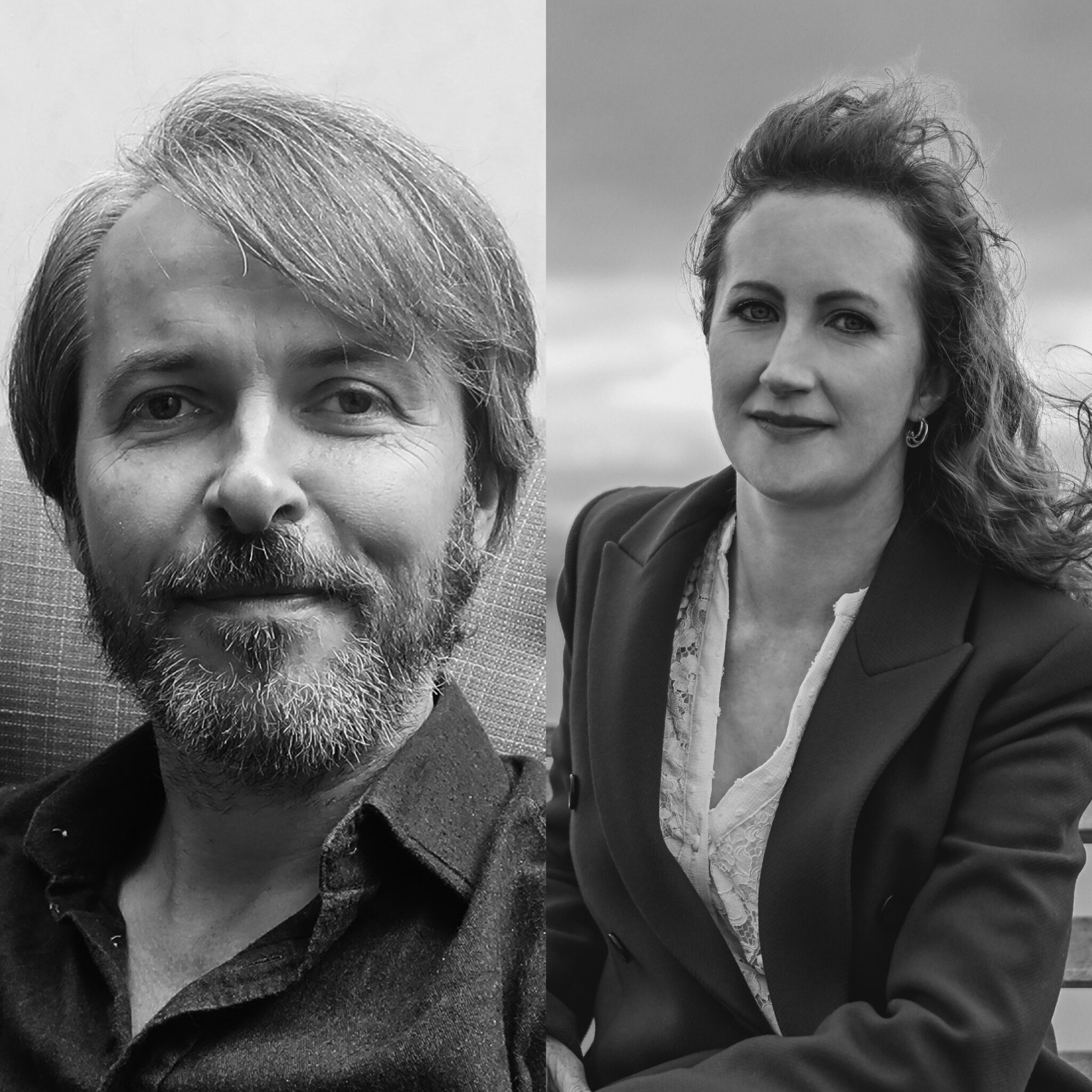
Garrett Carr and Roisín O’Donnel headshots by Cúirt 2025
Debut Fiction: Garrett Carr and Roisín O’Donnell reviewed by Surnaí Molloy
At the end of the event, someone lifted their hand and asked a question. The Mick Lally Theatre is small, and it’s not necessary to raise your voice to speak to the authors on stage.
This was the event with debut novelists Garrett Carr and Roisín O’Donnell. The question asked from the audience addressed laughter; how each novel, despite dealing with dark and heavy subjects, were written with humour.
In Roisín O’Donnell’s Nesting, the lightness comes from the protagonist’s two daughters, their joy and playfulness consistent throughout, never subdued by the events of the novel. In Garrett Carr’s The Boy From the Sea, the humour is written into the narrative itself; it’s in the descriptions, the language, the characters. (As the interviewer Molly Hennigan said, the character of Brendan had her in stitches throughout). Even in the short extracts both authors read at the event, humour was evident.
Humour was a feature of many of the events I attended at Cúirt. Roddy Doyle, with his calm wit, cracked up his audience – and his interviewer – throughout. While speaking about the response to his 1994 TV mini-series, Family, he recalled how he’d been sent a letter written in blood, which he’d actually forgotten about until recently. ‘I thought that was pretty cool,’ he said, ‘that you can forget that’.
Anne Enright delighted the audience when she gloated about the number of her novels included in The Irish Times’ ‘The 100 best Irish books of the 21st century’, waving her four fingers as she was being introduced. Enright clearly had fun throughout the conversation, relaxed and rambling and very funny. An earnest question at the end referred to the self-doubt and difficulty of poetry, to which Enright brightly responded: ‘That’s poetry, I can’t help you with that.’
Donal Ryan had the audience roaring with laughter as he told the story of his mother beating a missionary with a sweeping brush. Sally Rooney and John Patrick McHugh joked about the recent popularity of GAA shorts. Paul Muldoon offered a coughing member of the audience a ‘wee glass of water’, and nearly fell off the stage in order to give it to her.
None of these authors shy away from serious subjects. Their fiction covers abuse, violence, divorce, poverty, grief, addiction. All the same, their work never excludes laughter. It left me wondering whether this is a trademark of Irish writing.
In any case, it was during one of the first events that I attended at Cúirt, that someone in the audience asked this question: how these novels that one would expect to be entirely serious, are often very funny. It’s a question I could have borrowed and asked at almost every event I attended.
The response: O’Donnell mused about the inherent humour of children, how no matter what is going on with you, their parent, children are completely in their own world. ‘Sometimes, that’s what saves you’, she said.
Carr spoke of Irish culture, and of the duty to entertain, and in the end, he said simply: ‘Laughter is a part of life. And you want your fiction to be like real life.’
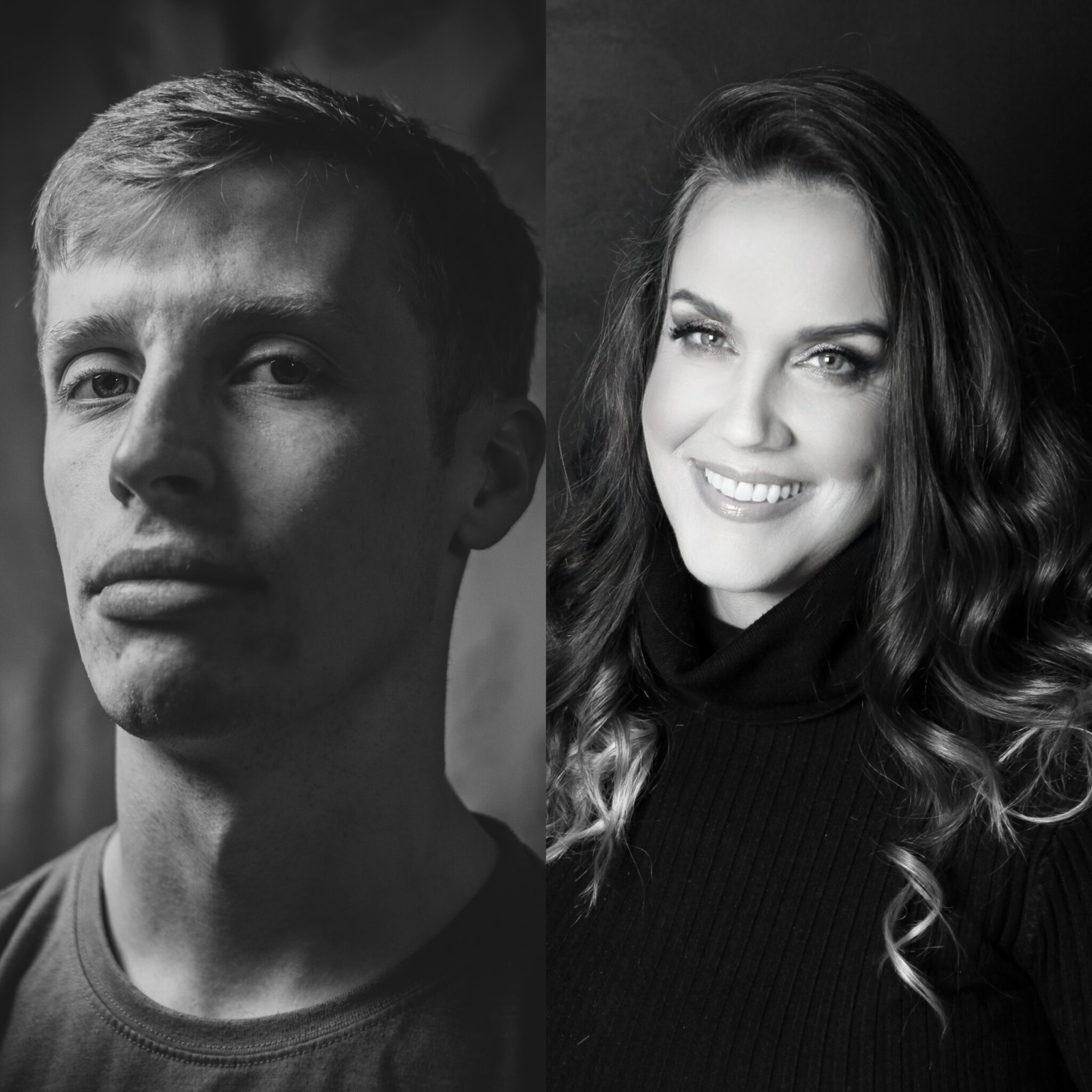
Declan Toohey and Brenda Romero headshots by Cúirt 2025
Tolka Journal: Irish non-fiction reviewed by Czacarri Muli
Meandering through the stoned city had quickly become natural to the young delegate. In his wayfinding, things tended to find him. And so rolling the dice, his clogs advanced after completing the major act of our Showcase earlier in the day. His cheeks warm, and jaw still sore from smiling a bit too tightly.
He had returned to his inn by the sea and planted his face. Regaining hit points, after decompressing – our young delegate was ready again to continue on his perilous adventure. But he had to question what was left after he had shared all on his page. When the credits would roll and our young delegate would keep on walking into the horizon.
Or walking into town. The young delegate felt like he had deserved a pint.
The young delegate hadn’t taken on too many quests this day, instead determined to savour the last few days in this town greeted by western winds, Gallaway. One of the other heroes had joined him and they stepped in tandem in search for this elixir. Eventually settling on the Tigh Neachtain’s Tavern. Sip and sip they chatted and recounted their adventure. Hours had gone by recounting the epic tales. But now their elixirs were empty and a sigh had come over them, heavy. They slumped from their seats, creaking from their sluggishness.
Moping around the mystical town they had lingered at stalls, hoping for that spark of magic that had come at the beginning of their adventure. The coins in their pouches spent, they continued walking. Until our delegates heard a bustling. Pens drawn, they approached and turned the corner – bracing. Met with familiar faces, they had walked into a magic shop that was filled to the brim with folks. The great wizard Charlie Byrne, collected all sorts of tombs, passages, scrolls and even portals to other realms – all housed within this shop. This shop that has somehow fit thrice it’s normal capacity. Us delegates sat and listened and became once again absorbed in the magic of literature.
***
Brenda Romero and Declan Toohey were fantastic speakers that are both just so much fun. A sense of play became really evident in their craft. I hadn’t read any of their work prior to this event so I had a slight hesitance as I didn’t know what I was getting into but luckily I had a great time. It was so lovely and immersive. I’ve always put some subconscious distance between myself and nonfiction but this event has demystified the genre for me in terms of how pleasurable it can be. I’m sure this was aided by the fact that both these creatives were so well spoken and charismatic. Molly Hennigan, the interviewer, was great with them. She asked insightful questions that pushed that little bit more out of these writers.
The samples of work that they chose stood out to me as very experimental. Recontextualising genres and styles of writing made the hour in that bookshop whisk by. You really could just listen for hours. There’s such magic in listening to writers read their own work and share it with others. Earlier in the festival Sally Rooney said that my work never really becomes anything until it reaches somebody, an audience. And what I’m taking away from this festival is; that it is such a pleasure to share your work and how essential it is to my development as a writer and a creative. To say yes, to share, to create with others and to experience with others.
Love and light,
Czacarri

